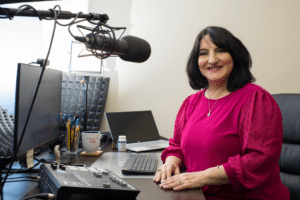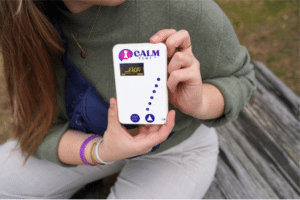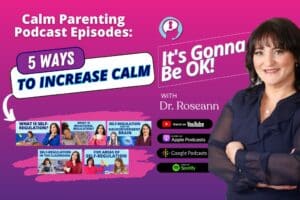When it comes to child development, it's important for parents and caregivers to be aware of the differences between developmental delay and autism. While both conditions can impact a child's development, they are distinct in their characteristics and implications.
By understanding these differences, parents can seek appropriate support and early intervention for their child's unique needs.
Key Takeaways
- Autism Spectrum Disorder is a neurodevelopmental disorder characterized by impairments in communication, social interaction, and behavior.
- Developmental Delays involve recognizing when a child is behind in meeting milestones for language, cognitive skills, social skills, and motor skills.
- Early intervention has been proven to improve developmental outcomes for children with Autism or other developmental disorders through tailored therapies such as ABA Therapy and parent/caregiver involvement.
What is Developmental Delay?
A developmental delay happens when a child doesn't reach certain expected milestones within the usual time. These milestones cover things like physical skills, thinking abilities, social skills, and emotions. These challenges might show up in how a child moves, talks, or interacts with others. It's important to know that every child develops in their own time [Choo et al., 2019].
Minor delays are usually nothing to worry about when they are brief and children move through them with or without support..
The causes of developmental delays can vary widely. Factors such as genetics, environmental influences, and medical conditions may contribute to the occurrence of developmental delays. For example, premature birth, birth defects, genetic variants, or medical issues can result in delays in reaching developmental milestones. However, in many cases, the underlying cause of the delay may remain unknown.
Signs of Developmental Delay
Signs of developmental delay can be observed in various areas of a child's development. It's important for parents and caregivers to be aware of these signs and consult with a healthcare professional if they have concerns. Some common signs of developmental delay include:
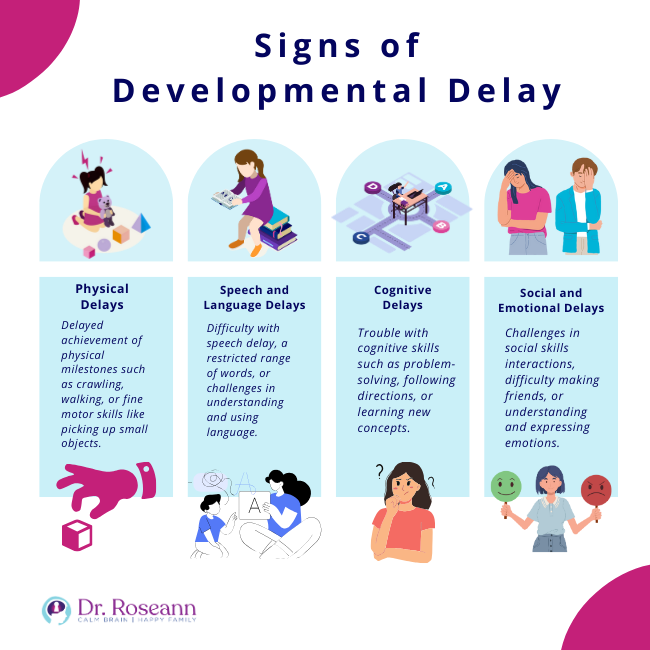
It's important to remember that these signs can be different for each child and depend on the specific area of development that's affected. If parents are worried about their child's development, it's a good idea to talk to a mental health or healthcare professional for a thorough evaluation.
What is Autism?
Autism, or autism spectrum disorder (ASD), is a neurological and developmental disorder that affects how individuals interact with others, communicate, learn, and behave. Autism is a spectrum disorder, meaning that it encompasses a wide range of characteristics and severity levels. Developmental delay in children like autism are thought to result from a mix of genetic and environmental factors, even though the precise cause remains uncertain. (Hodges et al., 2020)
Autism is typically diagnosed in early childhood, as symptoms generally appear in the first two years of life. The primary symptoms of autism revolve around difficulties in social interaction, communication, and behavior. However, it's important to note that autistic children can display a wide range of abilities and challenges, as autism affects each person differently.
Signs of Autism
Autism presents with a variety of signs and symptoms, which can manifest in different ways depending on the individual. Some common signs of autism include:
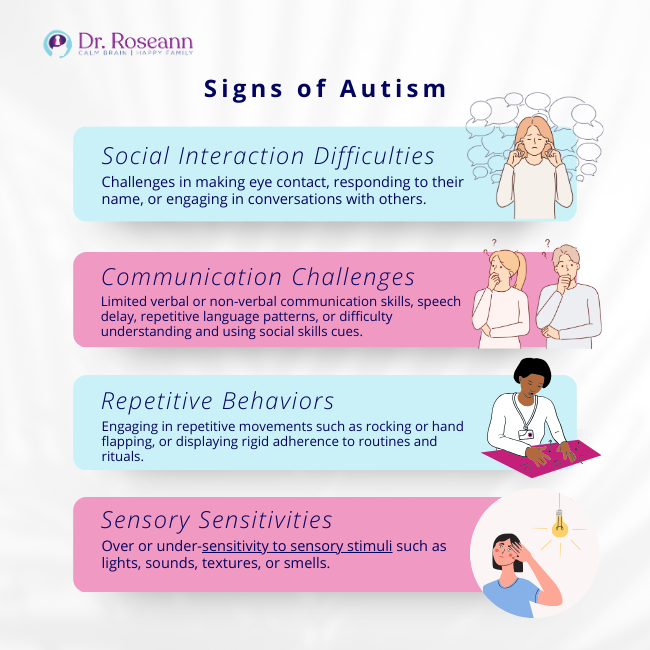
It's important to remember that these signs and symptoms can vary widely among individuals with autism. Some individuals may have more severe challenges, while others may exhibit milder symptoms.
Developmental Delay vs Autism: The Key Differences
While developmental delay and autism can both impact a child's development, there are key differences that distinguish the two conditions. Understanding these differences is crucial for accurate diagnosis and appropriate intervention. (Paul, et al 2008)
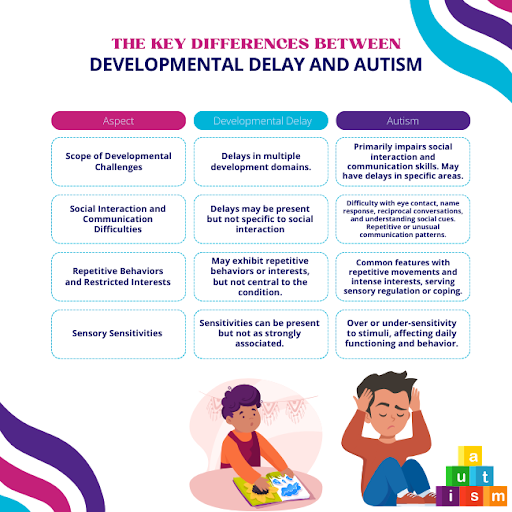
Here are the main distinctions between developmental delay and autism:
1. Scope of Developmental Challenges
Developmental delay refers to a delay in achieving specific developmental milestones across different areas of development, such as physical, cognitive, social skills, and emotional skills. It generally indicates a generalized delay in overall development, affecting multiple domains to a similar extent.
Autism, on the other hand, primarily impairs social interaction and communication skills. While autistic children may experience delays in certain areas of development, such as speech delay or motor skills, the core challenges are related to social communication and behavior.
2. Social Interaction and Communication Difficulties
One of the defining characteristics of autism is difficulty with social interaction and communication. Children with autism may struggle to make eye contact, respond to their name, or engage in reciprocal conversations. They may have difficulty understanding social cues and may exhibit repetitive or unusual patterns of communication.
In contrast, children with developmental delay may have delays in these areas, but the challenges may not be as pronounced or specific to social interaction. Their delays may be more generalized across various domains of development.
3. Repetitive Behaviors and Restricted Interests
Repetitive behaviors and restricted interests are common features of autism spectrum disorder. Children with autism may engage in repetitive movements or have highly specific and intense interests in certain topics or objects. These behaviors serve as a way to regulate sensory input or cope with the environment.
While children with developmental delay may exhibit repetitive behaviors or interests, they are not as central or characteristic of the condition as they are in autism. Repetitive behaviors in children with developmental delay may be more related to sensory processing difficulties or individual preferences.
4. Sensory Sensitivities
Individuals with autism often experience sensory sensitivities, where they may be over or under-sensitive to certain stimuli. They may find certain sounds, lights, textures, or smells overwhelming or uncomfortable. These sensory sensitivities can significantly impact their daily functioning and behavior.
While sensory sensitivities can also be present in children with developmental delay, they are not as strongly associated with the condition as they are in autism. Sensory sensitivities in children with developmental delay may be more related to individual preferences or other factors.
Seeking Professional Evaluation and Support
If parents or caregivers suspect that their child may have developmental delays or autism, it is important to seek a professional evaluation from a healthcare provider or specialist. Early identification and intervention can significantly impact a child's development and provide them with the necessary support and resources.
During the evaluation process, healthcare professionals will assess the child's developmental milestones, behaviors, and interactions to make an accurate diagnosis. They may use standardized assessment tools, observation, and interviews with parents and caregivers to gather information.
Once a diagnosis is made, appropriate interventions and therapies can be recommended. These may include speech therapy, occupational therapy, behavioral interventions, and educational support. The goal is to provide individualized care that addresses the specific challenges and needs of the child.
Final Thoughts on Developmental Delay vs Autism
Developmental delay and autism are distinct conditions that can impact a child's development. While developmental delay refers to a generalized delay in achieving developmental milestones across various domains, autism primarily affects social interaction, communication, and behavior.
Recognizing the differences between the two is essential for accurate diagnosis and appropriate intervention. By seeking professional evaluation and support, parents can ensure that their child receives the necessary care and resources to reach their full potential.
Parent Action Steps
☐ Observe and Document: Pay attention to your child's development and note any developmental delays or unique behaviors.
☐ Talk to Experts: If you have concerns, consult with developmental specialists who can provide guidance.
☐ Early Intervention: If needed, seek early intervention services to support your child's development.
☐ Create an Inclusive Environment: Foster an inclusive and accepting atmosphere for your child.
☐ Stay Informed: Keep yourself informed about developmental milestones and your child's progress.
☐ Advocate: Be an advocate for your child, ensuring they get the necessary help and resources.
☐ Connect with Support Groups: Join support groups to share experiences and learn from others in similar situations.
☐ Embrace Uniqueness: Celebrate your child's uniqueness and encourage their growth at their own pace.
☐ Explore Natural Therapies: Investigate therapies and resources tailored to your child's needs.
☐ Never Give Up: Be patient and persistent in helping your child reach their full potential.
Citations:
Choo YY, Agarwal P, How CH, Yeleswarapu SP. Developmental delay: identification and management at primary care level. Singapore Med J. 2019 Mar;60(3):119-123. doi: 10.11622/smedj.2019025. PMID: 30997518; PMCID: PMC6441684. https://doi.org/10.11622/smedj.2019025
Hodges, H., Fealko, C., & Soares, N. (2020). Autism spectrum disorder: Definition, epidemiology, causes, and clinical evaluation. Translational Pediatrics, 9(Suppl 1), S55-S65. doi: 10.21037/tp.2019.09.09. PMID: 32206584; PMCID: PMC7082249. https://doi.org/10.21037/tp.2019.09.09
Paul, R., Chawarska, K., & Volkmar, F. (2008). Differentiating ASD from DLD in Toddlers. Perspectives on Language Learning and Education, 15, 101-111. doi: 10.1044/lle15.3.101. PMID: 20852731; PMCID: PMC2940236. https://doi.org/10.1044/lle15.3.101
Always remember… “Calm Brain, Happy Family™”
Disclaimer: This article is not intended to give health advice and it is recommended to consult with a physician before beginning any new wellness regime. *The effectiveness of diagnosis and treatment vary by patient and condition. Dr. Roseann Capanna-Hodge, LLC does not guarantee certain results.
Are you looking for SOLUTIONS for your struggling child or teen?
Dr. Roseann and her team are all about science-backed solutions, so you are in the right place!
Looking for more support for your child at school? Grab your complimentary copy of
The Ultimate Guide to School Accommodations to Become Your Child’s Best Advocate
You can get her books for parents and professionals, including: It’s Gonna Be OK™: Proven Ways to Improve Your Child’s Mental Health, Teletherapy Toolkit™ and Brain Under Attack: A Resource For Parents and Caregivers of Children With PANS, PANDAS, and Autoimmune Encephalopathy.
If you are a business or organization that needs proactive guidance to support employee mental health or an organization looking for a brand representative, check out Dr. Roseann’s professional speaking page to see how we can work together.
Dr. Roseann is a Children’s Mental Health Expert and Therapist who has been featured in/on hundreds of media outlets including, CBS, NBC, FOX News, PIX11 NYC, The New York Times, The Washington Post, Business Insider, USA Today, CNET, Marth Stewart, and PARENTS. FORBES called her, “A thought leader in children’s mental health.”

She is the founder and director of The Global Institute of Children’s Mental Health and Dr. Roseann Capanna-Hodge, LLC. Dr. Roseann is a Board Certified Neurofeedback (BCN) Practitioner, a Board Member of the Northeast Region Biofeedback Society (NRBS), Certified Integrative Mental Health Professional (CIMHP) and an Amen Clinic Certified Brain Health Coach. She is also a member of The International Lyme Disease and Associated Disease Society (ILADS), The American Psychological Association (APA), Anxiety and Depression Association of America (ADAA) National Association of School Psychologists (NASP), International OCD Foundation (IOCDF) International Society for Neurofeedback and Research (ISNR) and The Association of Applied Psychophysiology and Biofeedback (AAPB).
© Roseann-Capanna-Hodge, LLC 2023




